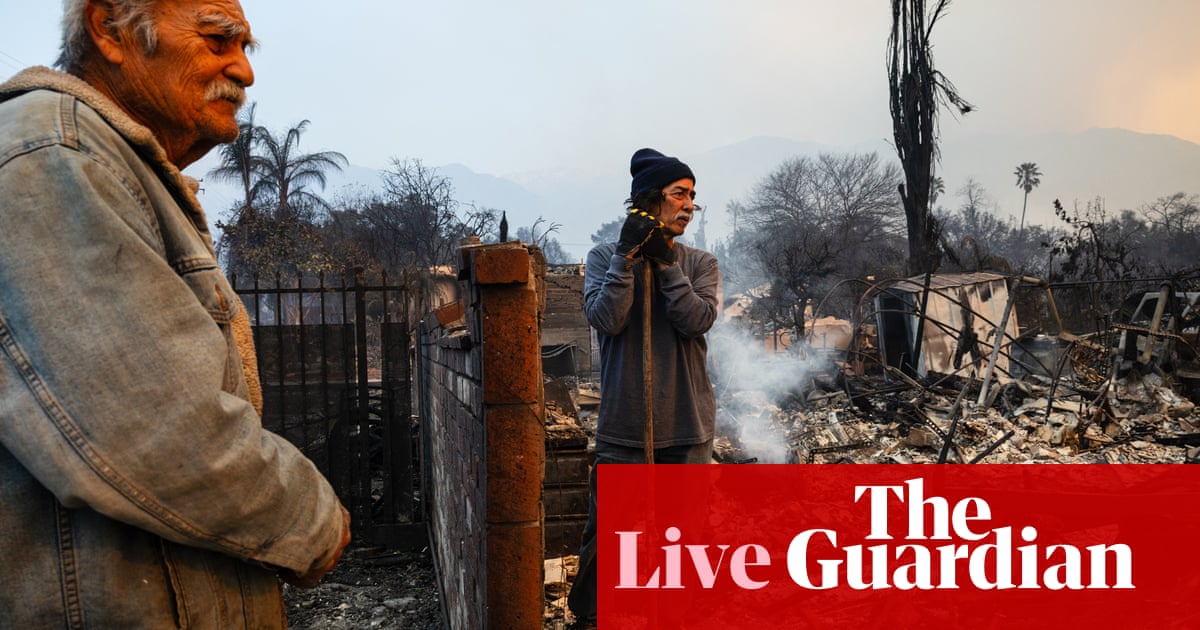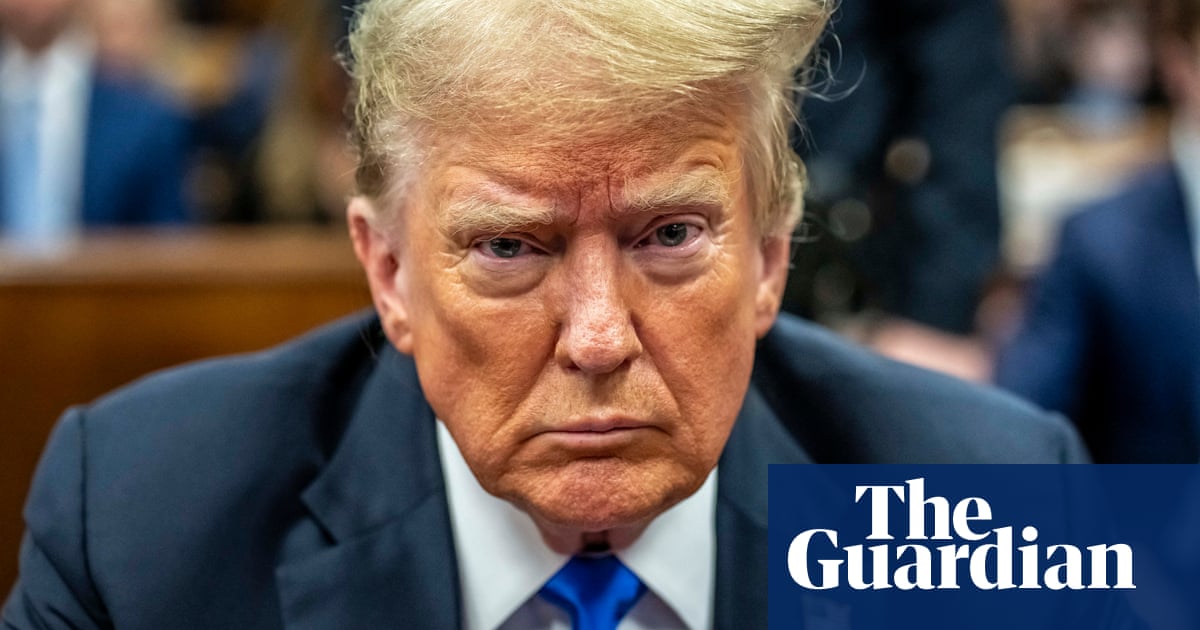When Musa al-Gharbi first arrived in New York in 2016, what he most noticed was the operation of a “racialized caste system” under which “disposable servants… will clean your house, watch your kids, walk your dogs, deliver prepared meals to you”.
The “disposable servants”, who earned “peanuts for their work”, were inevitably mainly black or Hispanic, the ones being served, almost exclusively white. No one remarked upon this; it was taken to be “the way normal society operates”.
Al-Gharbi was not describing the uber-rich Upper East Side or the billionaires’ hangout of Scarsdale. He was a freshman at Columbia University. Those profiting from the “racial caste system” were fellow students, many of them vocal about social justice, but largely indifferent to the needs of those at the bottom of the social hierarchy on whose labour their lives rested.
Four years later, many of these same students joined Black Lives Matter protests. Al-Gharbi watched as they demonstrated on Broadway in New York’s Upper West Side, oblivious to the “homeless Black men who didn’t even have shoes” sharing the same space. The protesters “were crowding the benches that homeless people were using”, insisting that “Black Lives Matter”, but apparently not “the Black guys right in front of them”.
This constant disparity between the professed beliefs of liberal students agitating for social justice and actions that revealed an indifference to the material injustice surrounding them led Al-Gharbi to write a book to try to make sense of it. We Have Never Been Woke has just been published in America and will soon be out in Britain. If you want to understand what just happened in the US election, it is one of the more useful starting points. For the story of the election can be viewed from one perspective as that of the division between those who can see the disparity that so struck Al-Gharbi and those who can’t or won’t.
Given that the Columbia activists were ignoring the tangible injustice all around them, why did they adopt the language of social justice? Or, to put it another way, what role does that language play in a world in which real injustice and inequality are ignored? Those were the questions that bugged Al-Gharbi as a student and lie at the heart of his book.
His answer is that the language of social justice – “wokeness” if you will – is not about social justice at all but acts rather as an ideological glue binding together a section of the elite that want to keep climbing the ladder of privilege but don’t want to see themselves as part of the elite.
“Woke” is not a particularly useful term, more often used in disparagement than in analysis. Al-Gharbi recognises this, disavowing it as a slur, refusing even to define it. What matters to him is how the concept is deployed in practice both by supporters and detractors.
The key to understanding wokeness, Al-Gharbi insists, is the struggles of “symbolic capitalists” – “professionals who traffic in symbols and rhetoric, images and narratives, data and analysis, ideas and abstraction”. In other words, writers and academics, artists and lawyers, museum curators and tech professionals. It is a social stratum that attempts to entrench itself within the elite, elbowing out others already there, by using the language of social justice to gain status and accrue “cultural capital”. Theirs is a struggle within the elite presented as a struggle against the elite on behalf of the poor and the dispossessed.
This is not simply cynicism or hypocrisy, Al-Gharbi argues. Symbolic capitalists have constructed myths about their social roles that allow them genuinely to believe in fairness and equity while entrenching inequality and injustice, myths that have been accepted by many social institutions and power-brokers. The consequence is that the language of social justice has helped “legitimize and obscure inequalities”, allowing sections of the elite to “reinforce their elite status… often at the expense of those who are genuinely vulnerable, marginalized and disadvantaged”.
Many aspects of this argument have been expressed before, for instance by the cultural theorist Catherine Liu and the philosopher Olúfémi Táíwò. Liu argues that the professional-managerial class “hoards virtue” to enhance self-worth and justify “its unshakable sense of superiority to ordinary working-class people”. In Elite Capture, Táíwò also maintains, though from a different perspective, that the elite have appropriated the politics of radicalism to serve their own ends.
These works are important in helping make sense of the absurdities of contemporary politics. They explain, for instance, why the Democratic party in the US (and many social democratic parties in Europe) is increasingly a club for the rich and educated, while many working-class voters have abandoned it. They illuminate, too, our culture’s obsession with the minutiae of symbolic representation and the policing of language but disregard for real material inequalities.
However, these arguments also lay traps for the unwary. Just as social justice campaigners have abandoned the struggle for material betterment for that of cultural empowerment, so many of their critics have come to see the new “cultural elite” as the main problem, ignoring the real material roots of power in our society.
after newsletter promotion
There is the danger, too, that we lose sight of the historical shifts that have paved the way for the degraded character of today’s social activism. Al-Gharbi argues that the contemporary outpouring of “woke” politics is just the latest of a series of “awokenings”, beginning with student support for the Communist party and other radical organisations in the 1930s.
That, though, is to miss the realities of change. The US Communist party, for instance, was an opportunist organisation with often despicable policies, tied to a brutal regime in Moscow. It was also, in 1930s America, important to the struggle against racism and for workers’ rights and, together with other radicals, socialists, trade unionists and black activists, helped lay the foundations of the postwar civil rights movement.
Particularly in the American south, still in the grip of Jim Crow, they helped organise sharecroppers and millworkers, the homeless and unemployed. Those activists were not cosplaying like the protesters on Broadway. They faced vigilante terror and police violence. Some lost their lives; many were imprisoned. But they demonstrated the possibilities of cross-racial class solidarity.
It is the fracturing of those movements of solidarity that has allowed for the degradation of social justice campaigns and the abandonment of working-class interests. Understanding that is as important as understanding the role of “symbolic capitalists”, especially if we are to rebuild movements for change.

.png) 2 months ago
13
2 months ago
13













































